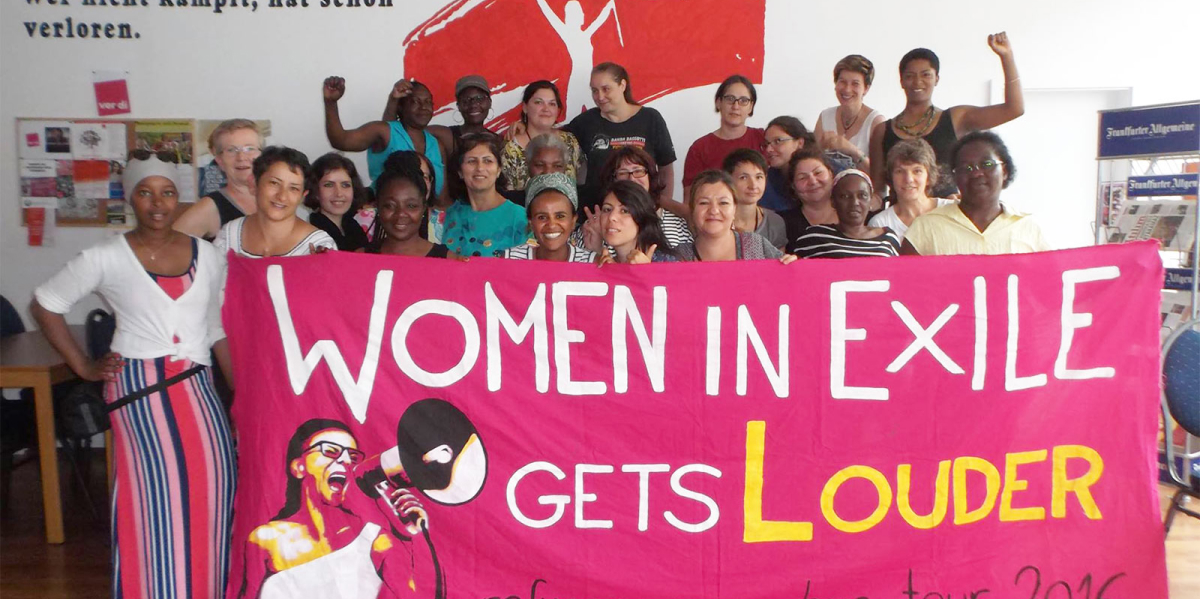Refugee women get loud! • fruchtlingsfrauen werden laut! • les femmes rÉfugiÉES DEVIENNENT BRUYANTES! • Refugee women get loud! • fruchtlingsfrauen werden laut! • les femmes rÉfugiÉES DEVIENNENT BRUYANTES! •
Refugee women get loud! • fruchtlingsfrauen werden laut! • les femmes rÉfugiÉES DEVIENNENT BRUYANTES! • Refugee women get loud! • fruchtlingsfrauen werden laut! • les femmes rÉfugiÉES DEVIENNENT BRUYANTES! •
Refugee women get loud! • fruchtlingsfrauen werden laut! • les femmes rÉfugiÉES DEVIENNENT BRUYANTES! • Refugee women get loud! • fruchtlingsfrauen werden laut! • les femmes rÉfugiÉES DEVIENNENT BRUYANTES! •
Refugee women get loud! • fruchtlingsfrauen werden laut! • les femmes rÉfugiÉES DEVIENNENT BRUYANTES! • Refugee women get loud! • fruchtlingsfrauen werden laut! • les femmes rÉfugiÉES DEVIENNENT BRUYANTES! •
